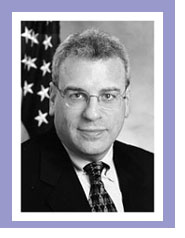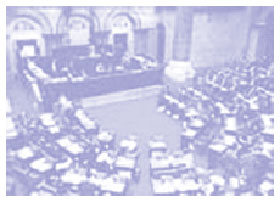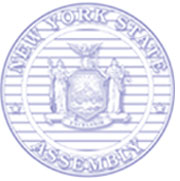 Message from the Chair
Message from the Chair
Dear Friends,
As you may know, I am completing my first term as Chair of the Legislative Commission on Government Administration. The Commissionís mandate is to examine how well the management systems of the state perform and how the state can be organized to provide the most effective service. Its broad mission calls for looking across the operations and systems of government rather than at discrete agencies.
In my first newsletter, I reported to you on the stateís disaster preparedness organization and how the state responds in case of an emergency such as the World Trade Center catastrophe. I would like to update you on what progress has been made in terms of securing necessary resources for the city and state, bringing relief to the victims and the rescuers as well as appropriately marking this day. I also want to bring to your attention some other important legislation passed by the Assembly during this past session.
Unfortunately, the events of September 11th have also had an impact on the stateís economy. As we consider the state budget in the upcoming session, it will be increasingly important to identify areas where the state can act more efficiently and effectively. I encourage you to send any ideas or comments on ways to improve state government to my office.
This update represents the Commissionís continuing effort to enhance the publicís awareness of critical issues facing the state.

Jeffrey Dinowitz
Chair, New York State Assembly
Commission on Government Administration

